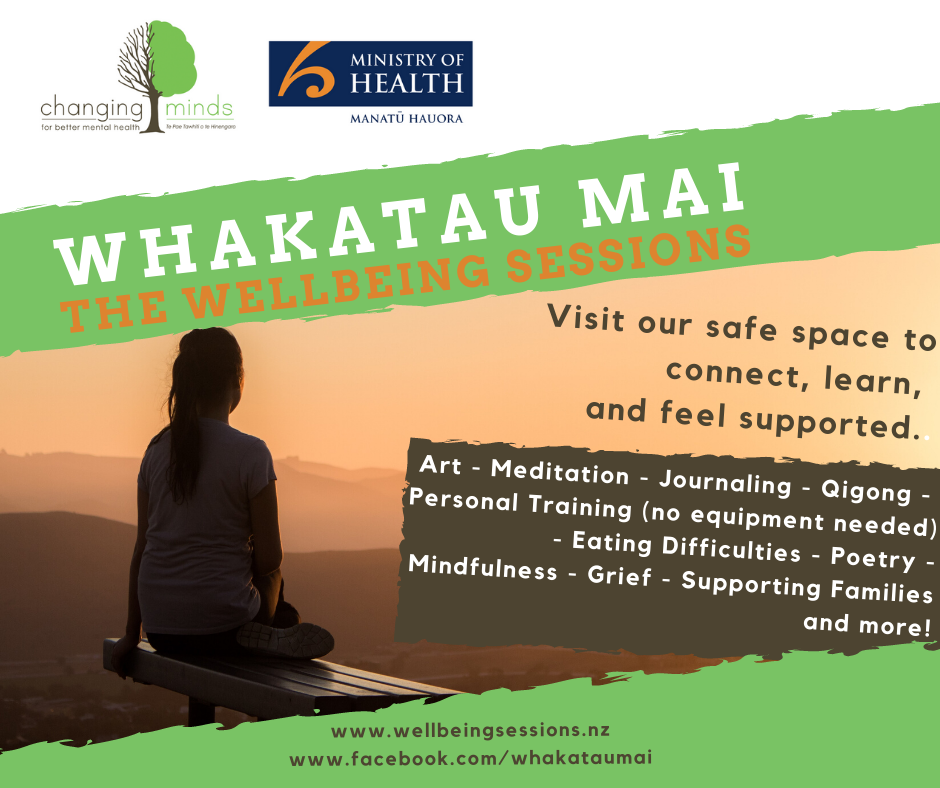The following is a press release from Te Pou, from their website:
The resource Competencies for the mental health and addiction service user, consumer and peer workforce were launched on November 11 at Te Pou in Auckland.
Dr John Crawshaw, director of mental health, gave an opening address to the mental health and addiction sector people from across the North Island. He acknowledged the pivotal role the service user, consumer and peer workforce has in informing service development and working alongside clinical services, supporting people to self manage and drive their own recovery.
Dr Crawshaw was followed by two peer support workers who spoke about their experience and what peer work meant for them. Elton Hakopa, addiction peer support worker from the drug court, gave a stirring and entertaining outline of his experiences. Elton gave the quote of the day, or even the year when he said “these competencies are the sandstone I will sharpen my practice on”.
Ahmad Al-Ali, mental health peer worker from Mind and Body, also entertained the crowd with his self-deprecating wit and story of courage. Both exemplified the state of gratitude they were in to be able to use their powerful experiences to support other people’s self-determination and wellbeing.
Robyn Shearer, Te Pou chief executive, talked about the power of people from across mental health and addiction co-designing and co-developing the competencies.
Two documents created to support the competency framework were also launched: The Service user, consumer and peer workforce guide for managers and employers and the Service user, consumer and peer workforce guide for planners and funders. These are available to download alongside the competencies. These documents provide information and sound direction for people managing and employing peer workforce members and for planners and funders investing in this exciting growth area in the mental health and addiction workforce.
To contact Te Pou or for further information:
http://www.tepou.co.nz/
Email: info@tepou.co.nz
Te Pou phone numbers online here.








